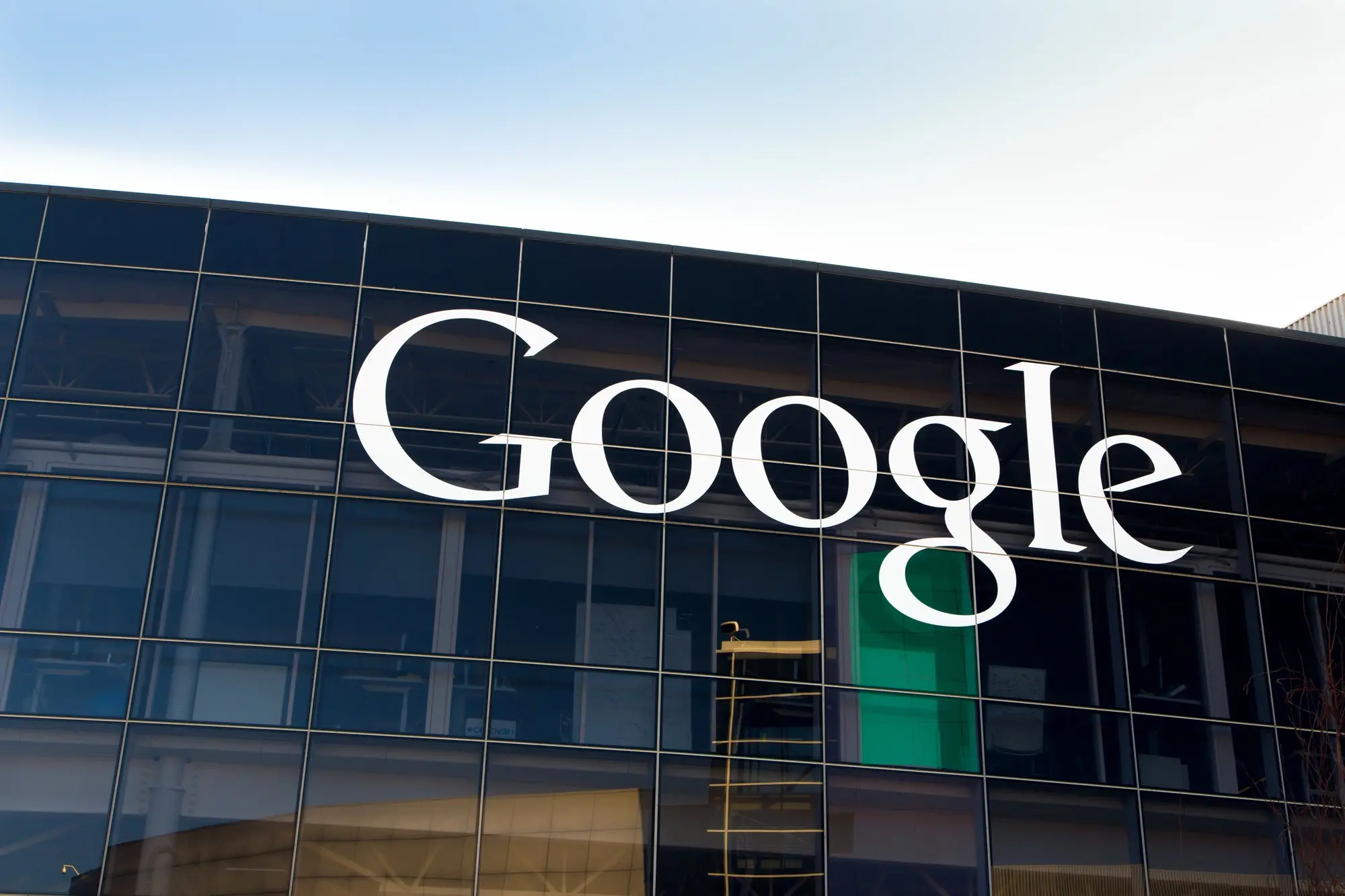A U.S. judge has ordered Google to revamp its app store policies to promote competition, following a ruling in favor of Epic Games, the maker of “Fortnite.” The ruling, issued by U.S. District Judge James Donato in San Francisco, mandates that Google make changes to its Play Store to allow more flexibility for Android users in downloading apps and using alternative payment methods. This injunction is a result of Epic Games’ lawsuit, which accused Google of monopolizing app distribution on Android devices and restricting how users pay for in-app purchases.
For the next three years, Google will not be allowed to prohibit the use of competing in-app payment systems and must enable Android users to download apps from third-party stores. Additionally, Google will no longer be able to pay device manufacturers to preinstall its Play Store or share its Play Store revenue with other app distributors, a practice that has been criticized as limiting competition.
Google expressed its intention to appeal the ruling, arguing that the changes could lead to negative consequences for consumers, developers, and device manufacturers. The company plans to ask the courts to pause the enforcement of Donato’s order while the appeal is under review. Epic Games CEO Tim Sweeney celebrated the decision, stating that it paves the way for a more competitive Android ecosystem, with rival app stores set to enter the market by 2025.
As part of the ruling, Judge Donato has directed Epic and Google to establish a three-person technical committee to oversee the implementation of the injunction. This ruling is set to take effect on November 1, giving Google time to adjust its practices to meet the new requirements.
The lawsuit, which began in 2020, led to a jury verdict in 2023 that found Google had unlawfully stifled competition in how apps are distributed and how payments are processed on Android devices. Google has contested these claims and warned that the proposed reforms could compromise user privacy and security. Despite these arguments, Judge Donato dismissed most of Google’s concerns, emphasizing that changes were necessary to address the company’s monopolistic practices.
This ruling is part of a larger antitrust crackdown on Google. In a separate case, U.S. District Judge Amit Mehta ruled in August that Google had illegally monopolized the web search market, and the company is currently facing another trial over its dominance in the advertising technology sector.










